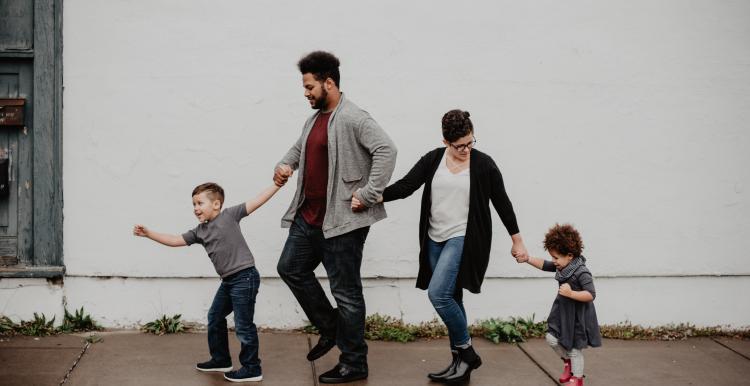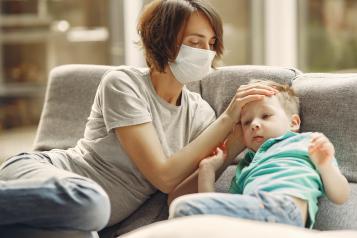Talking to children and Young People about Coronavirus: a guide for parents and carers

Without the facts, children and young people may imagine far worse situations than reality. They also need concrete information on how to avoid spreading the virus.
- You can watch the following video together
If you care for a child or a young person with a long term condition, you can find information on the Great Ormond Street Hospital website. For those who are deaf or hard-of-hearing there is also a series of videos in BSL. Resources for parents of children with SEND are available from Skylarks and a health diary is also available from RCPCH.
Let the child/young person's questions and age guide you to how much information you share
- Younger children will need brief, simple information and reassurance that they are safe, and that the people they care about are safe
- Older children may need support separating reality from rumors and fake news. Either give them the facts, show them THIS poster or direct them HERE, where they can find accurate and factual information about the virus. This knowledge helps them feel a sense of control
- Explain that in the UK very few people are sick with the virus at the moment
- Reassure them that the Government is working hard to make sure people in the UK are safe
- Tell them that not everyone will get the virus and if they do, the vast majority is going to recover fully.

To help children and young people cope with the stress caused by Coronavirus, the World Health Organisation have created specific advice that is available HERE. If they are anxious:
- Give them extra attention and time to express their concerns and answer their questions
- Let them talk about their feelings and guide them to re-frame their thoughts in a more helpful way. Remember they may take some time to do so
- YoungMinds have created some information designed to help them feel less anxious or suggest they get external support. See a full list of services available locally on www.yolweb.info. Please be advised that due to service changes during the outbreak, face-to-face meetings are not going to be possible but online and telephone support is still available.
Finally, it is important that children and young people will keep following a daily routine as much as possible as it can be reassuring.
If you have older children do give them our Coronavirus guide for teenagers and wellbeing tips, or suggest they'll follow our Youth Out Loud! on Twitter and Instagram.
In any case, don't forget to look after your own mental health. Children and young people in fact, react to what they see or hear from adults around them. Have a look at OUR PAGE on how to look after yourself during the Coronavirus outbreak.
For more information:
- Public Health England - Guidance for parents and carers on supporting children and young people’s mental health and wellbeing during the coronavirus (COVID-19) outbreak. They have also produced an easy read version of their advice on the coronavirus for places of education. You can download it here.
- NHS Children and Young people knowledge library for coronavirus
- National Autistic Society – Guidance for parents and carers
- Place2Be – Guide to helping parents answer questions from their children and to support family wellbeing.
- Young Minds - Talking to your child about Coronavirus and 10 tips from their Parents Helpline to support family wellbeing.
- A free information book explaining the coronavirus to children, illustrated by Gruffalo illustrator Axel Scheffler
- Covibook – An interactive resource designed to support and reassure children aged 7 and under, designed to help children explain and draw the emotions that they might be experiencing during the pandemic.
- Amaze - Information pack for parents.
- Mental Health Foundation - Talking to your children about scary world news.
- Free access to section of Headspace app for meditation, sleep and movement:
- Resources for helping young people building resilience and for supporting their mental health- by the Anna Freud National Centre for Children and Families


